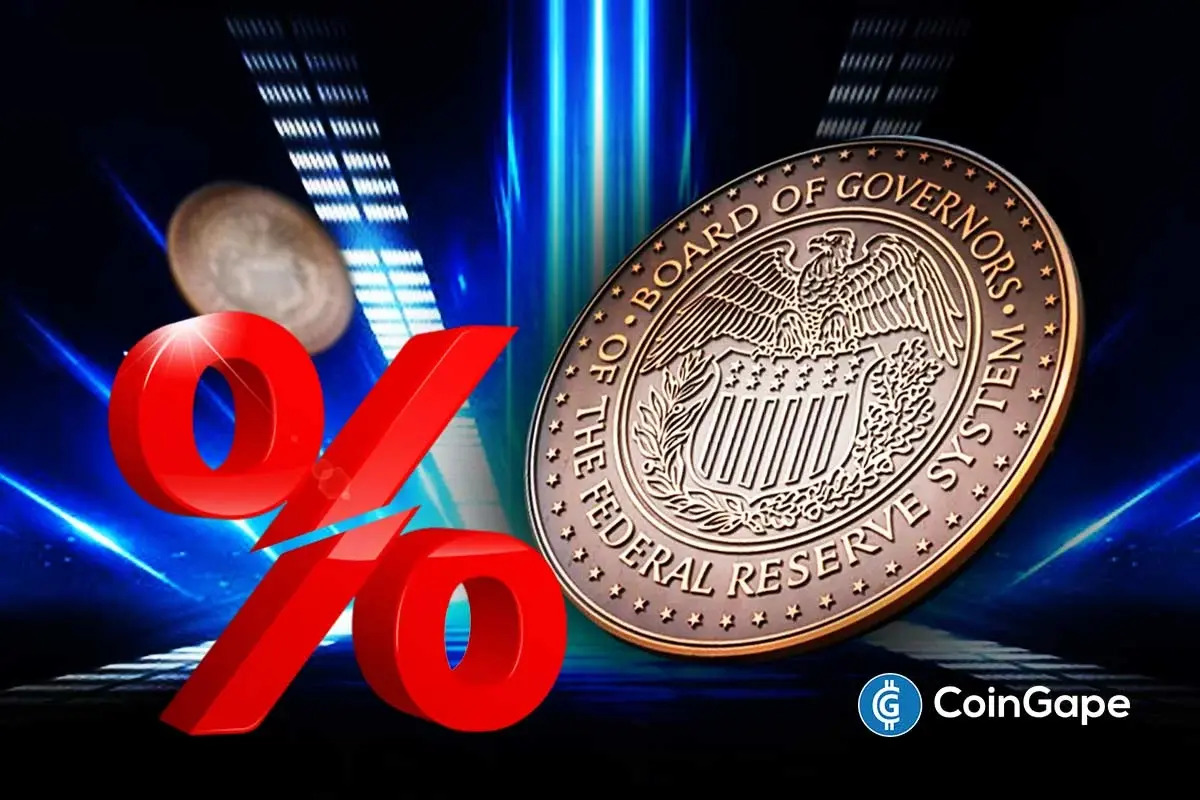China’s Largest Crypto Exchange Imposes Strict OTC Withdrawal Limit

China’s largest crypto exchange Huobi global has updated its crypto OTC withdrawal limits to restrict money laundering efforts from Chinese traders. The exchange has imposed a “T+1” time limit for crypto withdrawals which would only allow traders to cash out after 24-hours of making crypto purchases and in some cases up to 36 hours. The exchange said,
All users (including advertisers) implement the “T+1” policy, that is, the assets after OTC purchase can only be withdrawn after 24 hours.
The “T+1” policy restricts any withdrawals over the suggested limit. For example, if a user has 0.1 BTC in their OTC accounts and they have deposited an additional 1 BTC, then they can only withdraw 0.1 BTC.
Crypto OTC desk has become quite popular among Chinese traders for sending and receiving money from overseas, it is also believed to be a gateway for money laundering. The updated restrictions would make it more difficult for such people to launder money using these OTC desks. The said limit is only applicable for fiat-crypto purchases and doesn’t limit usual crypto withdrawals.
The strict measure come in light of the growing Chinese crackdown on cryptocurrencies. Earlier, many crypto exchanges serving the Chinese traders had to stop their services especially those offering leverage trading.
Chinese Crackdown on Crypto Tanks Bitcoin Hashrate
The recent crackdown on crypto mining by Chinese authorities has been the strictest, leading to a majority of mining farms either relocate or shut down their operation completely. China accounted for more than 50% of the Bitcoin mining and the recent closure of mining farms in the country has tanked the network hashrate by 50% leading to the biggest mining difficulty adjustment in 11 years.
First, the Chinese crackdown was seen as another routine crackdown by the authorities but with time it became clear that the authorities are going beyond routine warnings.
Play 10,000+ Casino Games at BC Game with Ease
- Instant Deposits And Withdrawals
- Crypto Casino And Sports Betting
- Exclusive Bonuses And Rewards

- Indiana Signs Bitcoin Bill Into Law Allowing Crypto in Retirement Plans
- ‘Time to Act Is Now’: CFTC Chief Pushes Swift Passage of CLARITY Act
- Trump Tells Congress to Pass Crypto Market Bill ‘ASAP,’ Blasts Banks for Stalling
- BTC Price Bounces as Spot Investors Buy The Dip Amid Iran War Jitters
- CFTC Chief Mike Selig Signals US Crypto Perpetual Futures Rollout in Coming Weeks
- Gold Price Prediction March 2026: Rally, Crash, or Record Highs?
- RIOT Stock Prediction as Needham, Piper Sandler Slash Target After Earnings
- Cardano Price Outlook As Charles Hoskinson Warns Over CLARITY Act
- Circle Stock Price Climbs 15% to $96, Can Rally Continue in March 2026?
- Bitcoin Price Prediction as US-Iran War Enters 4th Consecutive Day
- Top 5 Historical Reasons Dogecoin Price Is Not Rising

 Buy $GGs
Buy $GGs

















